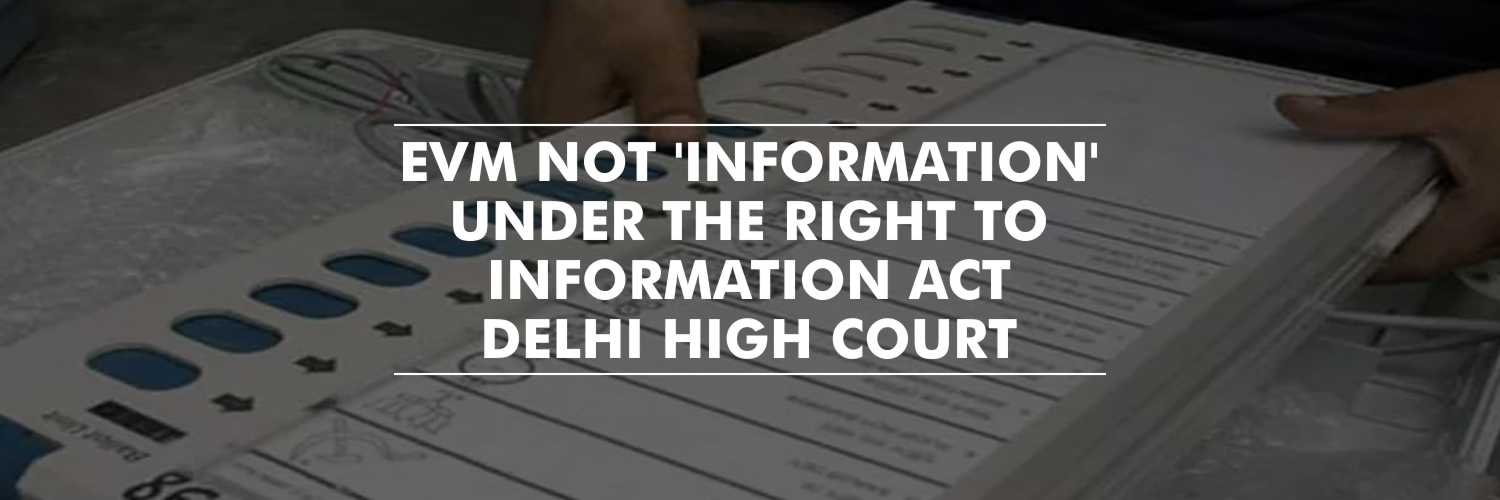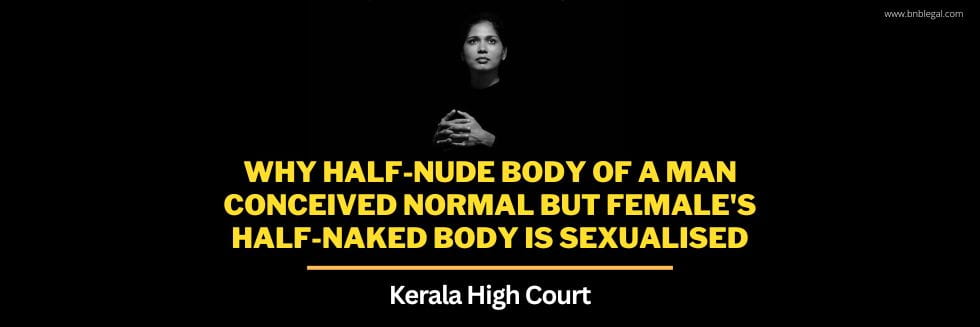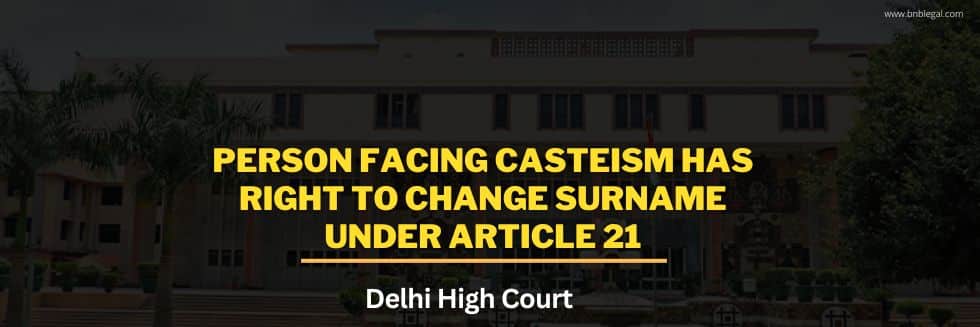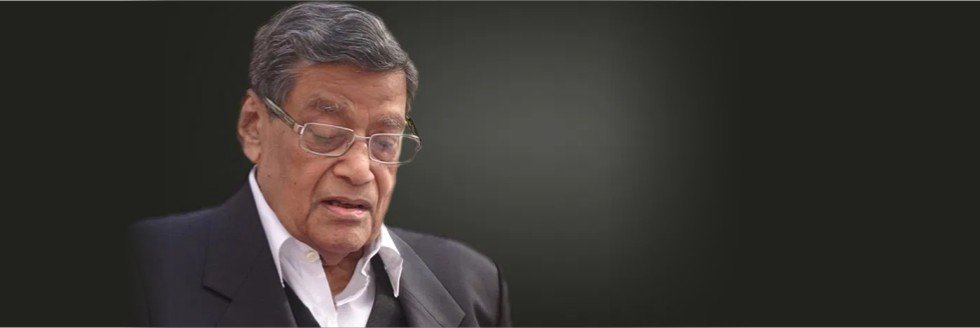The Delhi High Court on 17 December, held that Electronic Voting Machines are not ‘Information’ under the Right to Information Act.
The bench headed by Justice Jayant Nath overruled the order passed by the Central Information Commission which stated that EVMs are ‘Information’ under the said Act and can be demanded by an applicant from the Election Commission of India on payment of Rs 10.
The bench further held that the CIC had erroneously passed an order in favor of an applicant who insisted on the production of the EVM machine itself, in his RTI application.
The applicant Rajaak Khan Haider, approached the CIC on 20 April 2018, stating that as per Section 2(f) and 2(i) of the RTI Act, the definition of ‘Information’ and ‘Record’ also includes ‘any model or any sample’ held by the public authority.
The highest adjudicating authority in RTI matters, the Central Information Commission held that “The EVM which is available with the Election Commission in a material form and also as samples, as admitted by the respondent (ECI) during the hearing, is information under the RTI Act.”
However, the Election Commission of India challenged the said order of CIC in the High Court stating that “An information can be denied by a public authority if it attracts any exemption clauses listed in the RTI Act which also exempts information of commercial confidence or intellectual property from disclosure.”






